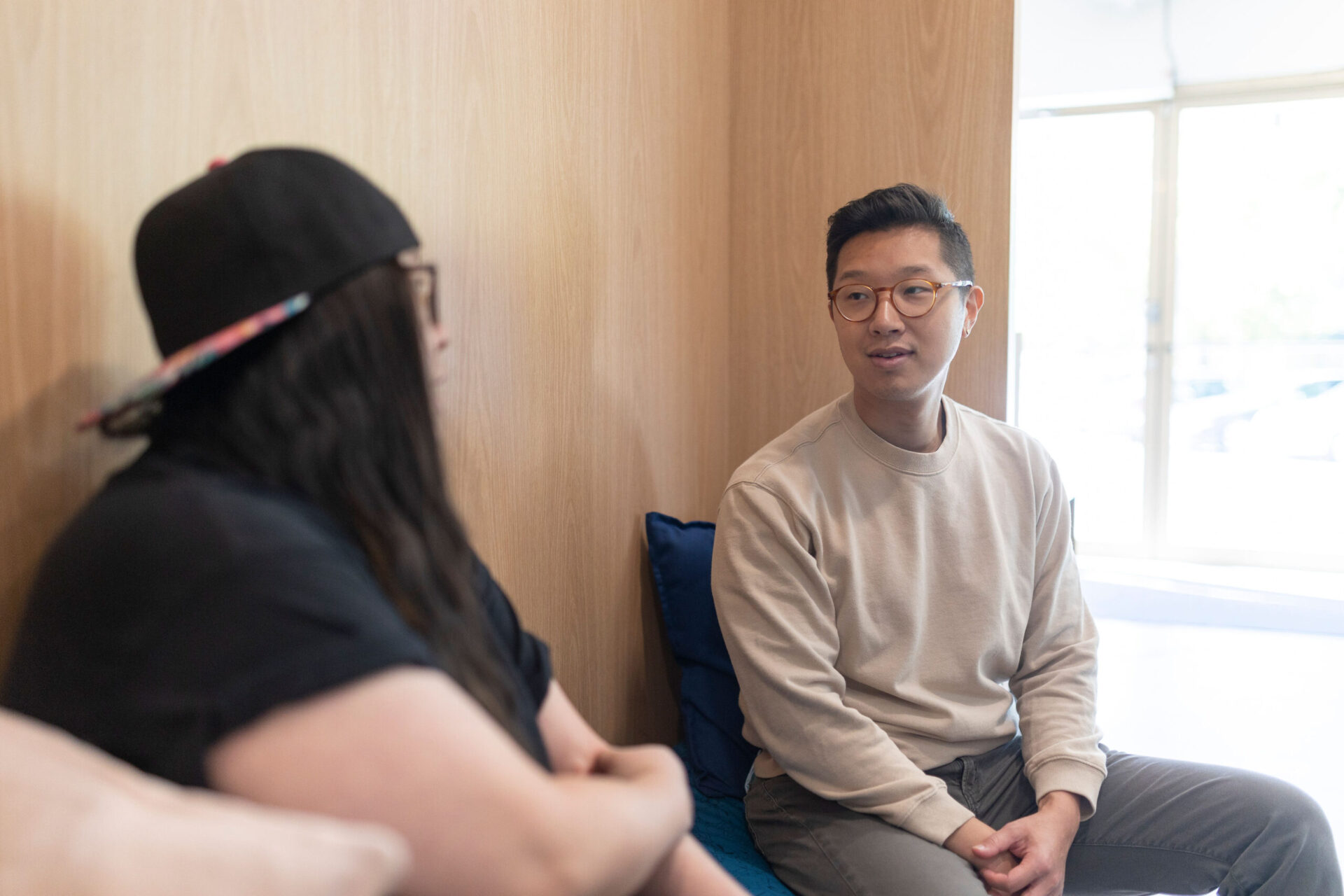Finding Support When You’re Always the Supporter
Learn more about compassion fatigue and discover tips to support you, the supporter.

If you are someone who leans towards supporting others, it’s easy to forget about yourself and end up dismissing your own feelings and emotions. When that happens, you might experience compassion fatigue otherwise known as empathic strain, which can lead to burn out. Does this sound like you? To learn more about compassion fatigue and discover tips to support you, the supporter, keep reading!
What is compassion fatigue or empathic strain?
Do you find yourself always being a listening ear to friends or family? Do your loved ones come to you, when they are having a tough time? Are you working in a helping profession, but lacking the time needed to support yourself?
If you are someone who is always caring for others, it’s natural to experience compassion fatigue at some point. Compassion fatigue (which is also called empathic strain) happens after the emotional and physical toll that takes place when carers are unable to refuel and regenerate over time.
Compassion fatigue often affects the most caring and empathic people. You may have felt this before if you’ve supported someone who has gone through a traumatic experience, injury, or illness. It is a state of physical and mental exhaustion that can lead to being unable to cope with your everyday environment.
What are signs of compassion fatigue?
Compassion fatigue can look different for everyone, but it can affect you emotionally, mentally and physically. It can also change how you behave without you even noticing.
These signs are only a few things that might happen if you experience compassion fatigue.
Sometimes it can be hard to know if you’re experiencing compassion fatigue.
If you would like to take a self-test, the Professional Quality of Life Measure (ProQOL) is another way to help reflect on if you’ve been experiencing signs of compassion fatigue. It is commonly used to measure the negative and positive effects of helping others who experience suffering or trauma. It can be useful to complete this self-test at various points of the year to see how things change.
When we are exposed to difficult images and stories second-hand, we can experience intense emotions or indirect trauma, also known as Vicarious Trauma. If you are unable to maintain your daily routine or need support, reach out to a mental health professional or your doctor.
What can I do if I experience compassion fatigue?
It’s important to recognize early signs of compassion fatigue and receive help when you notice them. The most important thing you can do is recognize it and then educate yourself about what you can do. There is no universal solution for everyone, you need to find the supports that work for you. It is important to remember that by recognizing the signs early on, it is easier to treat.
If you experience any of the early signs, there are things you can do for yourself like:
Remember that you don’t have to go through anything alone. Support is also available for you and there are options to help you manage the stress you might be feeling. As someone who constantly provides care, this might be difficult, but it’s an important step to making sure the care you give in the future is not affected by what you’re going through in the present.
Foundry’s provincial virtual services
Young people aged 12-24 and their caregivers can utilize the Foundry BC app to access drop-in or schedule virtual counselling appointments, find peer support, join a group or browse our library of tools and resources.
Some other resources you can check out are:
- Wellness Together Canada
- CMHA Mental Health Check-In
- BC’s Physician Help Program
- Self-Care in Your Workplace and Personal Life Questionnaires
- Psychological PPE to Manage COVID-19
- Grounding Technique: Feet on the Floor Video
- Tools to Reduce Compassion Fatigue
You don’t have to go through anything alone
Did you know that many counsellors have their own counsellors? You, too, are allowed (and encouraged) to reach out for support. When the tables are turned and you need support, it’s normal to feel unsettled and unsure of what to do next.
Supporting others at work or home and the relationships you have formed in the process are so appreciated, but it doesn’t discount the fact that you might need help sometimes too.
You are not alone in what you are feeling; sharing your experience may help take some of the load off.
